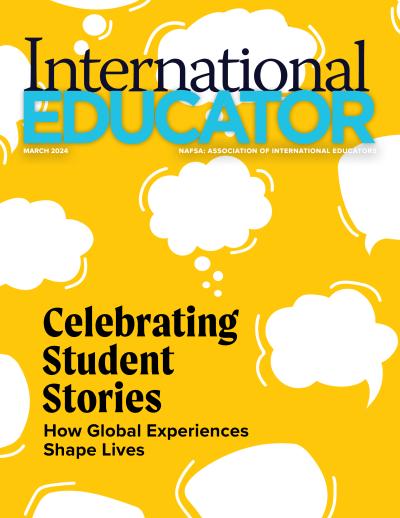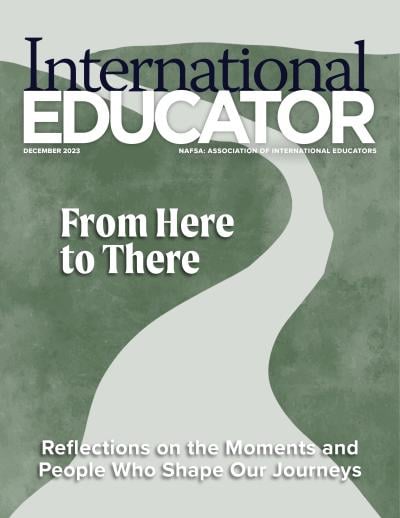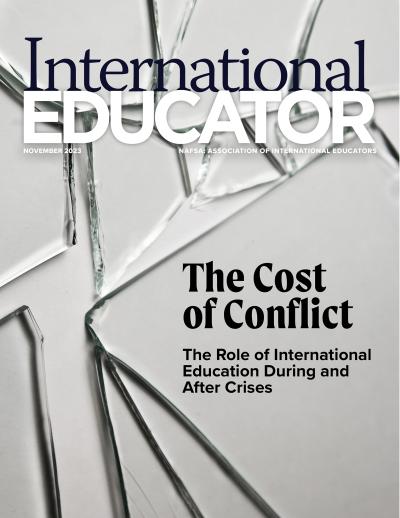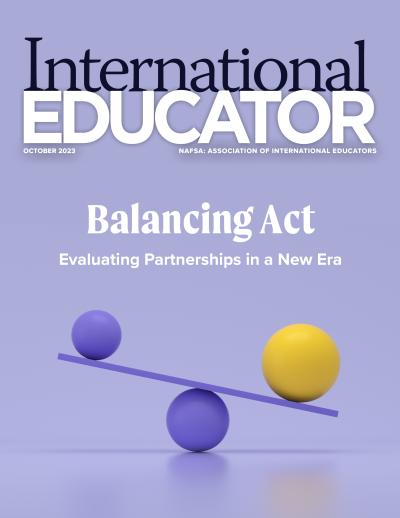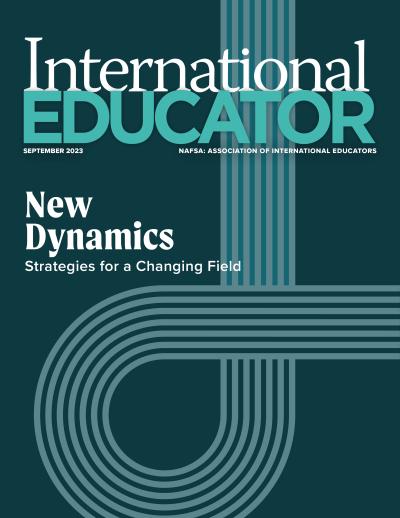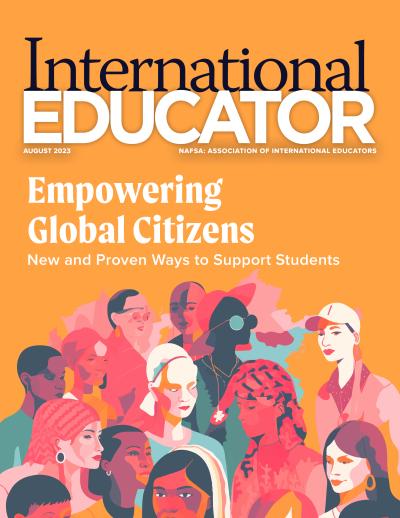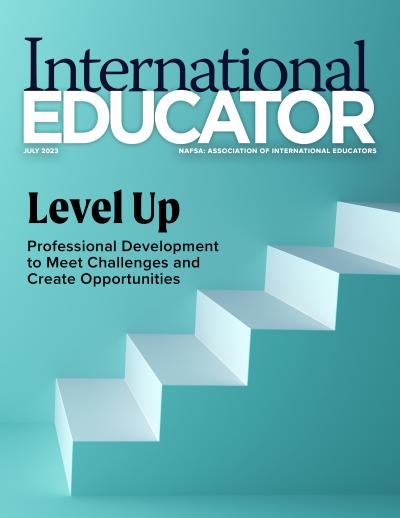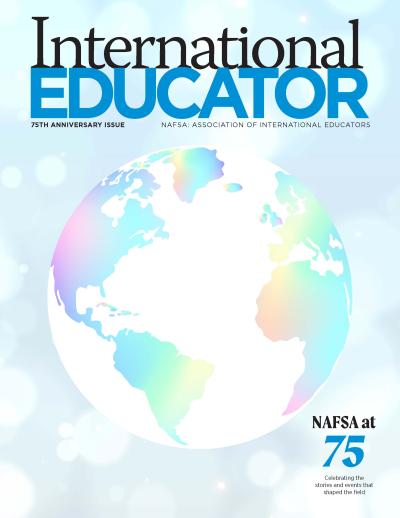Bringing Study Abroad Home
Nadia A. Mendes says she knew she wanted to be a lawyer since she was 4 years old. But it was the series of study abroad programs the New York native undertook while a student at Babson College—studying corporate social responsibility in Malaysia and Singapore, consulting with a local business in Chile, and participating in a research project on beauty standards in South Africa—that sharpened her focus.
“These experiences abroad never shifted my goal of wanting to be a lawyer, but rather enhanced that goal by showing me I want to practice law internationally [and] become general counsel for a global company and fight for human rights abroad,” says Mendes, who graduated from Babson in December 2017 and is working for a medical center while preparing to apply to law school.
Mendes’s career affirmation reflects the end goal for the more than 332,000 U.S. students who studied abroad for academic credit in 2016–17, according to the International Institute of Education (IIE)’s 2018 Open Doors report. Students—and the employers who hire them after graduation—are increasingly seeking programs abroad that are relevant to their personal and professional goals. Accordingly, colleges and universities are continuing efforts to integrate study abroad with academic requirements, career services, and, ultimately, the real-world experiences and skills that help justify the return on investment. As institutions sharpen their overall focus on career readiness, study abroad remains a work in progress.
“It’s a mixed bag,” says Opal Leeman Bartzis, executive director of education abroad at Michigan State University, which


